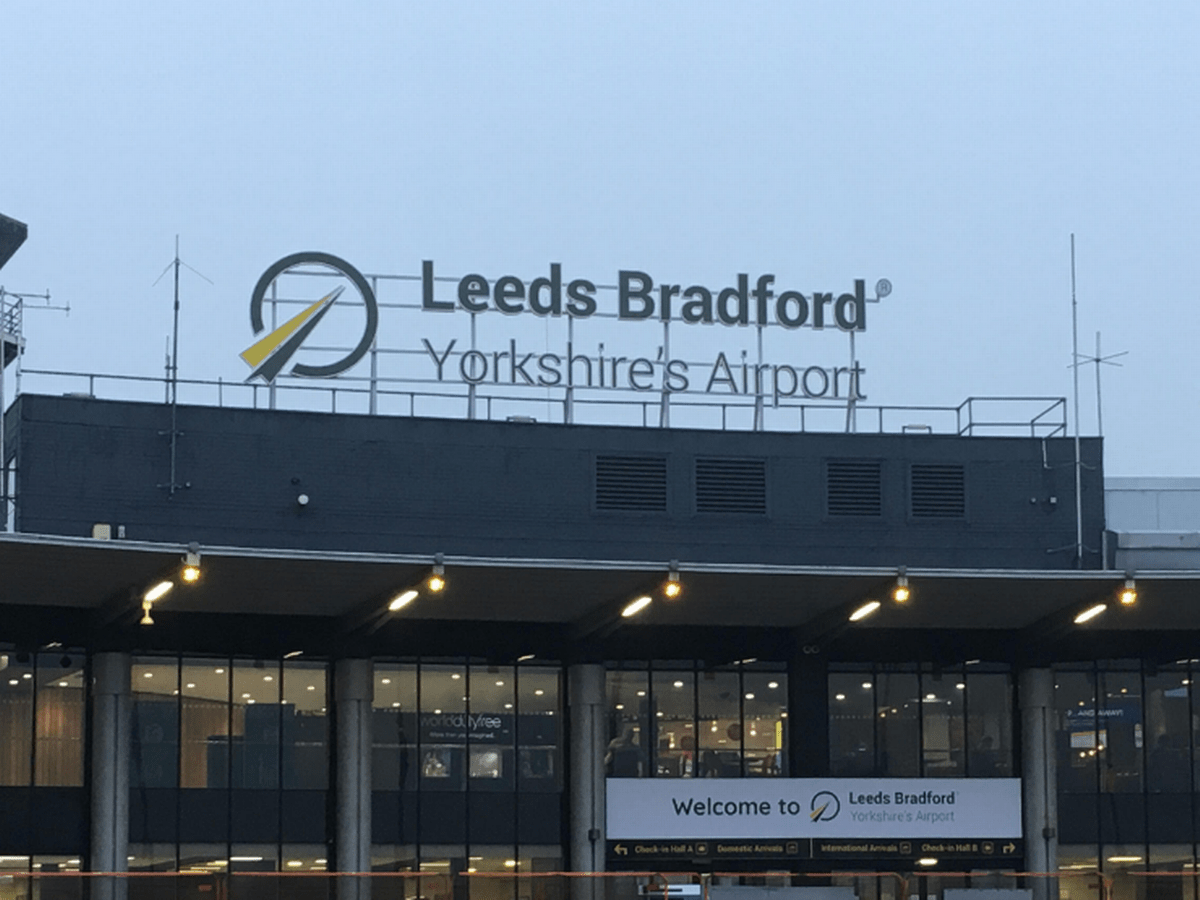In a move seemingly at odds with Leeds’ status as the first UK city to declare a climate emergency, Leeds-Bradford Airport’s expansion plans intend to accommodate 7,000,000 passengers by 2030; an increase of 3,000,000 from current figures.
The plans were officially unveiled to the public for the first time at the Community Consultation at the Mercure Leeds Parkway on Saturday. Representatives from the airport mingled with residents and protestors alike at the event which laid out clearly the proposed £150,000,000 expansion plans.
They include aims to create 5,900 more jobs by 2030, improve public transportation links with the city centre and to bring Leeds-Bradford in line with other regional airports by reducing the night flying restriction to between 11.30pm and 6am (it is currently between 11pm and 7am).
In response to concerns raised about increased noise pollution affecting local residents, it was pointed out by Charles Johnson of planning and development at the airport that Leeds-Bradford is one of the quietest airports in the UK with a night-time noise-scale maximum of 0.5-1 (in comparison with other airports at which it is 4).
He also indicated that the new terminal would attract airlines with more technologically-advanced planes such as the A320neo which is claimed by Airbus to be the world’s most advanced and fuel-efficient single aisle aircraft.
There was much optimism about the plans for the new three-floor carbon neutral terminal which has been awarded with the BREEAM rating, indicating its high level of sustainability (one of only two airport terminals in the UK).
Many residents highlighted the inefficient layout of the current terminal and its rundown condition. Stuart Hodge, who works in ground operations at Jet 2 at the airport, said that Leeds-Bradford had been “shackled for too long” and, amongst other things, cited his regular commute to Manchester airport as a key reason for his dissatisfaction with Leeds-Bradford’s current state.
He stated that “Extinction Rebellion needed to get it into perspective” as it paled in comparison with Manchester Airport’s £1 billion pound investment. A PR representative from the airport affirmed that the expansion and renovation would attract more business flights and mop up the “leakage” from other regional airports such as Manchester or Liverpool, thus serving an already existing demand from local residents and businesses.
Members of Extinction Rebellion and other local environmental groups were, however, in complete opposition to the expansion plans. Representatives from Extinction Rebellion claimed the airport’s sustainability claims were “green washing” and that the carbon output of the increased number of flights would render the carbon-neutral status of the terminal “absolutely irrelevant”.
They claimed that to offset the carbon output of the extra flights, the airport would need to plant a forest bigger than the entire city of Leeds and viewed its planned expansion as a fatal flaw in Leeds City Council’s carbon-neutral plan.
The proposed plans for the new terminal and expansion will be submitted for approval in spring 2020 upon which they will be subject to review by Leeds City Council.
Image: Leeds Live

